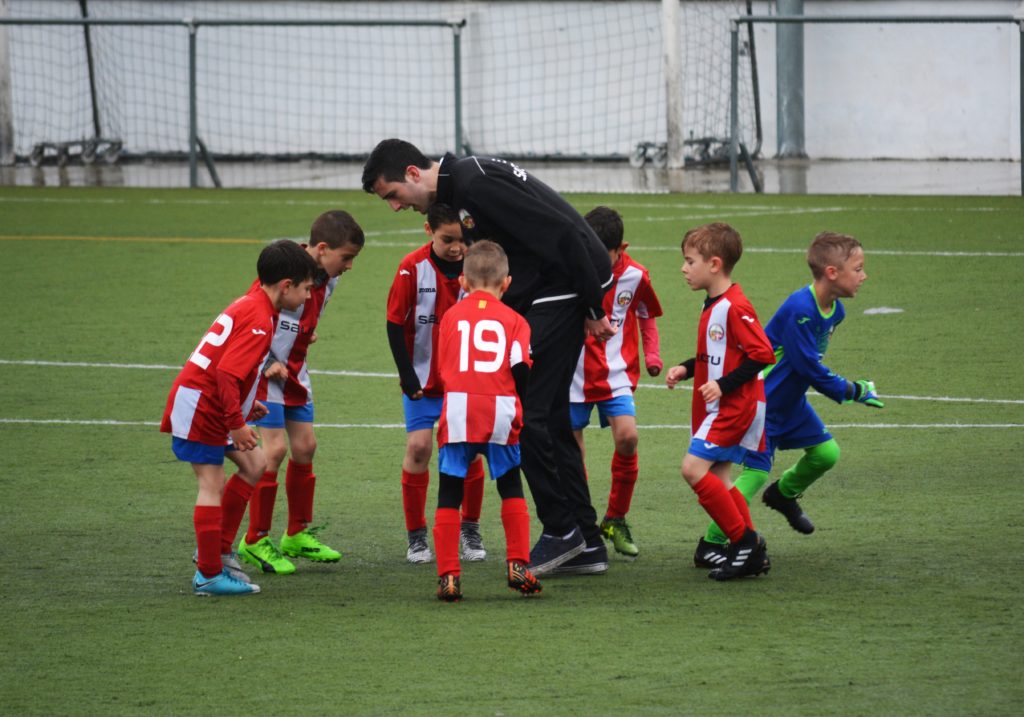
So much in life is about expectations. We become angry when our expectations aren’t met. When parents live separated, they usually develop different routines, different lifestyles, and when confronted with the other parent’s differences, frustrations abound.
We’ve listed some of the conflicts we repeatedly saw last school year and what could be reasonable resolutions to those problems.
Student Emergency Information Forms
It’s a classic problem. The custodial parent feels that the non-custodial parent was never involved with school anyway, and he or she lists a new significant other or a grandparent as the second emergency contact even though the parents share joint legal custody. During the marriage, the parents freely shared updates, but being separated, the non-custodial parent is no longer receiving daily updates and the school is not willing to share information because the custodial parent failed to include the non-custodial parent on the intake paperwork.
What’s a Reasonable Resolution?
If the non-custodial parent has a job with flexibility and he or she can leave work in case of a school or medical emergency, the non-custodial parent should be listed on the emergency information form and receive priority over a grandparent or significant other.
Even if the non-custodial parent’s job is less flexible, most schools allow for a third person to be listed as an emergency contact allowing for both parents and a third party to be listed.
If the non-custodial parent will not be able to pick up the child in case of an emergency, the non-custodial parent should still be listed as the child’s parent and receive access to the school file, school updates, and the teacher.
Extracurricular Activities
We see a lot of conflicts when the non-custodial parent watches practices and games or volunteers during extracurricular activities.
What’s Reasonable?
Schools need volunteers, and if a parent can contribute to a sport’s practice, a coach will likely welcome the help. The coach or teacher will need to approve the parent’s involvement. Schools will not become involved in parenting time disputes and will allow a parent to volunteer outside of his or her assigned parenting time. Unless special circumstances exist, the judge will not prohibit an appropriate and loving parent to volunteer to support the school’s sports team.
Payment of Equipment, School Supplies, Trips, Etc.
Technically, the child support payment is for “general care and needs of a child”. Many parents argue and judges find that this covers everything that a child needs, which arguably could be the cost of extracurricular activities.
What’s Reasonable?
The first concern is whether both parents agree to enroll the child in the sport or activity. If only one parent wants the child to play the trumpet, the judge is more likely to order the trumpet-loving parent to pay for the trumpet. If both parents want their daughter to go on a class trip to Europe, but the cost is a concern, the judge could order the parents to pay in proportion to their incomes. A class trip to Europe is usually not qualified as a “need” for the child. If the minor child wants to play soccer and needs some cleats, most parents (and a judge) will likely reason that those are regular child-rearing expenses to be covered by the child support payment.
Many of these disputes can be diminished or resolved if parents civilly discuss the options. If you end up in an argument each time you discuss costs or disputes, consider texting, emailing or using an app such as Our Family Wizard. Lastly, before you draw a line in the sand, talk to an attorney about your dispute. Why create a dispute when you might lose when a judge decides the issue?
Finally, do not let differences of opinion linger and grow to become disputes and eventually long-drawn-out court hearings. If you experience consistent joint legal custody disputes, contact our family law attorneys at 616-383-2679, and let’s have a conversation about your options.
